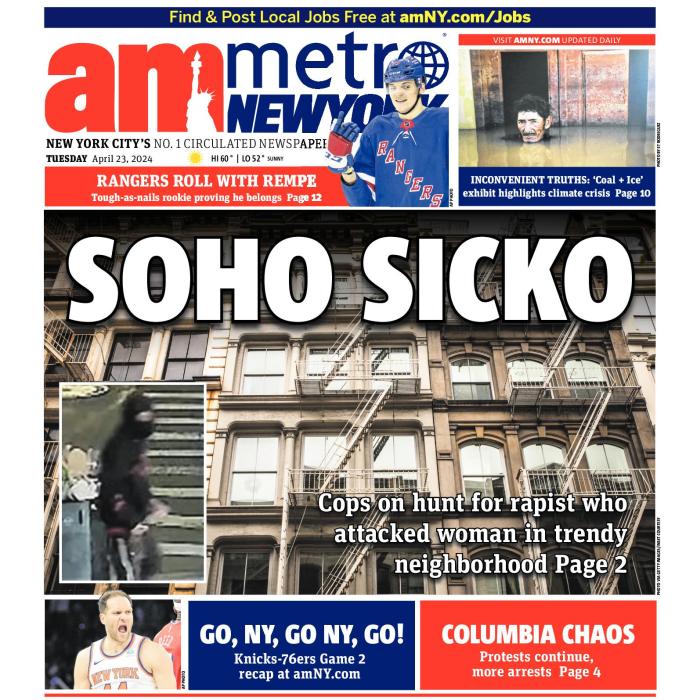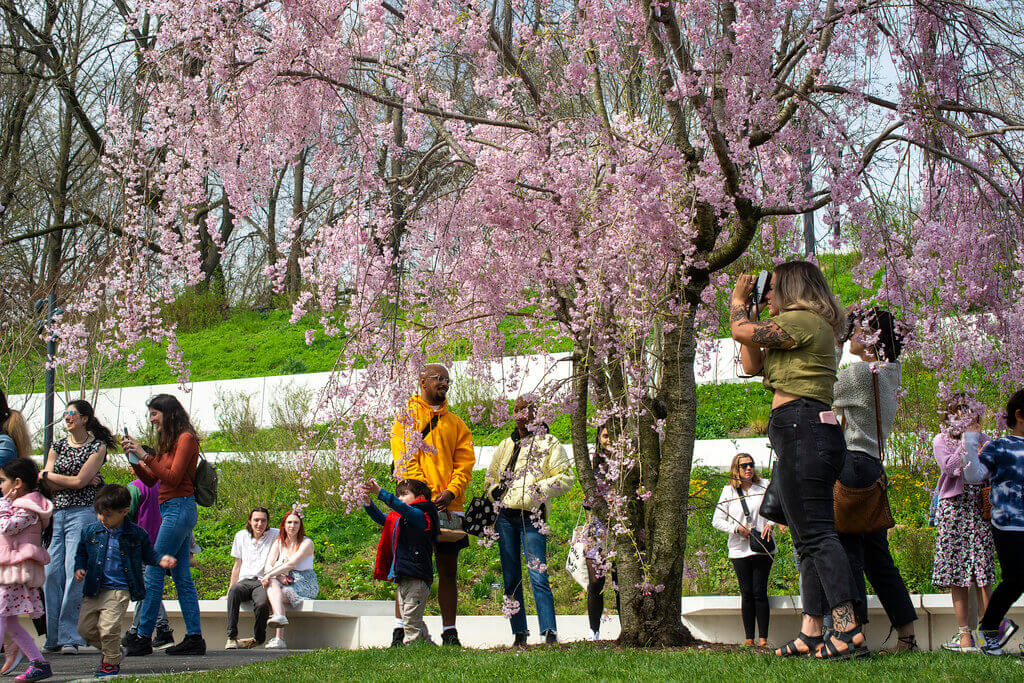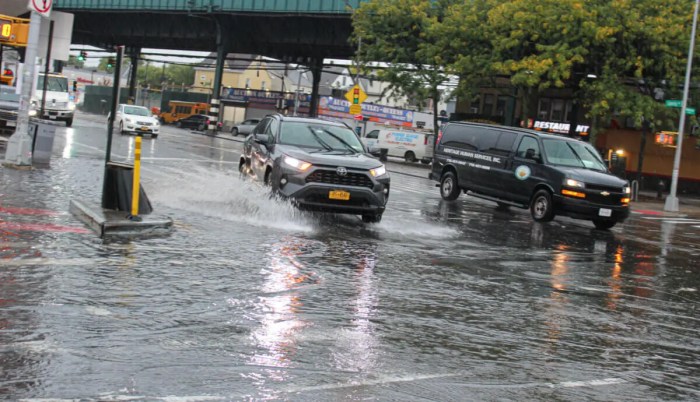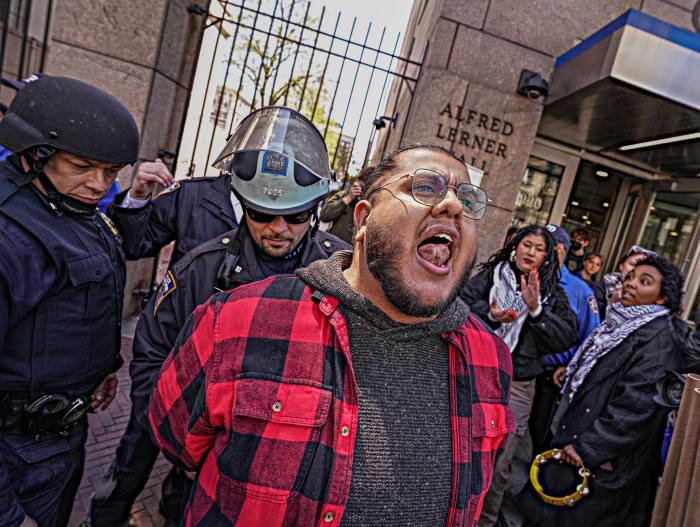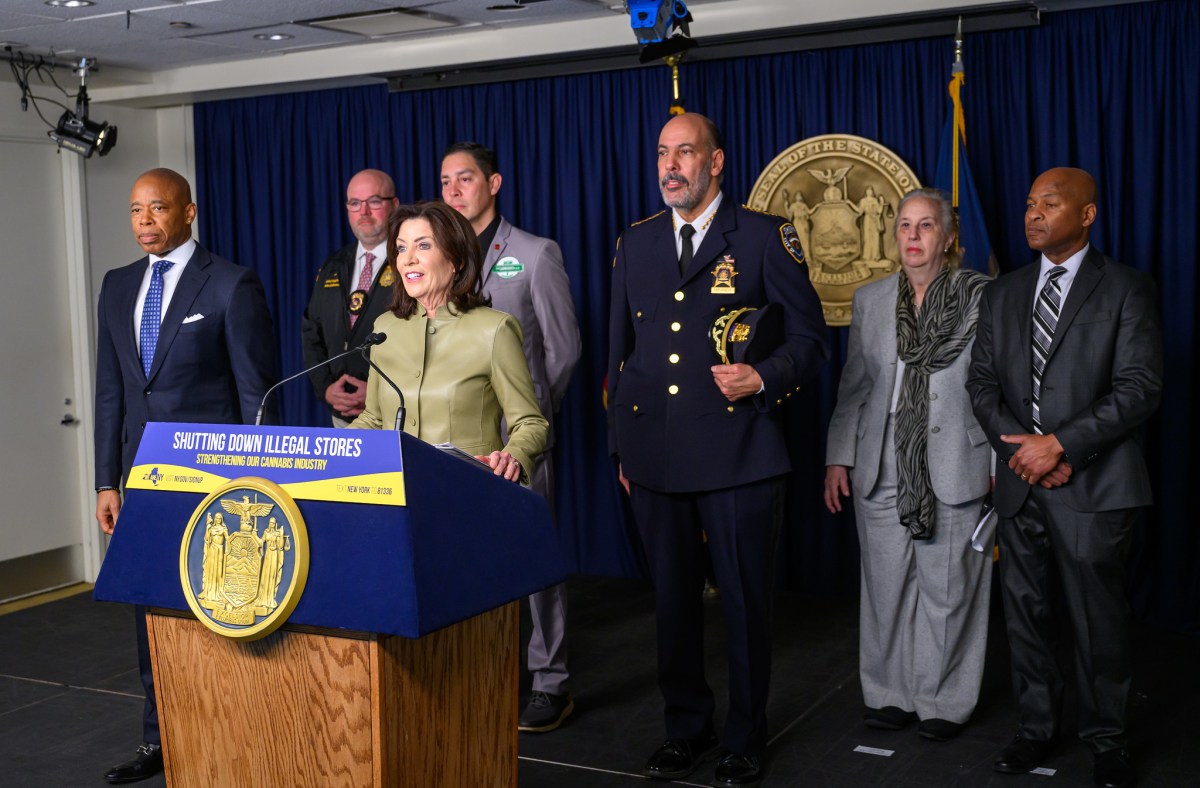
The incomprehensible murder of nine people, including the Rev. Clementa Pinckney, during bible study at a historic AME church in Shelby, South Carolina, sent ripples of horror, fear and despair north into the pews of New York City.
For many clergy and congregants, the massacre is “a revisitation of the trauma of the civil rights era,” when black churches were bombed and congregants killed, said Elder Derrick McQueen, moderator of The Presbytery of NYC.
The eruption of such staggering violence in a safe, sacred space will prompt local clergy to reconsider just how far they can open their doors in an age where shooting sprees and hate crimes are painfully familiar news.
The alleged killer, Dylann Storm Roof, 21, “was welcomed! He was welcomed in that bible study,” at Emanuel African Methodist Episcopal Church, McQueen noted.
While the mourning in the African-American community may be particularly acute, the idea that people can be slaughtered without warning “while studying their sacred texts goes to the heart of people of all faiths,” McQueen said.
Shocked, grieving congregants were calling and dropping by the Metropolitan AME Church in Harlem all morning Thursday.
“I started crying,” when she received a text from her daughter notifying her about the slayings, recounted pastoral assistant Karen Lewis.
“My husband is an associate minister,” with relatives — including a minister — in South Carolina, so the deaths hit particularly close to home for her.
The killings are particularly chilling for AME congregants because many fled the south and in South Carolina in particular seeking escape from racism and brighter opportunities, and some have even worshipped at “Mother Emanuel” in Shelby. Too, Lewis was prompted to reflect that while the killing was clearly a hate crime directed at black people, the historically black AME church has diversified. If Roof “had come to our bible study, he wouldn’t have stood out! We have Hispanics, we have whites — we don’t discriminate,” she said.
Many confessed to feeling combinations of anger, pain, weariness and sadness.
“It is a vile and sad American tradition for black churches and black people to be targets for white supremacist violence,” the Rev. Dr. Gary V. Simpson, senior pastor of Concord Baptist Church of Christ in Bedford-Stuyvesant, said in a statement. “We must ask now ‘what are our hands doing?’ I have two hands and at least two jobs. We are ready to pray, but also ready to work.”
“We’re praying for love to abound — and holding on to the fact that we serve a God of hope,” said Catherine Jordan-Latham, a ministry intern at Park Avenue United Methodist Church.
For the African-American community in particular, “there’s been a beatdown over the last two years — just a perpetual beatdown,” of violent atrocities that make people feel stressed and vulnerable, from police killings and harassment to revelations of continuing discrimination, Jordan-Latham continued.
“So many black churches have tried to make safe spaces for people to have difficult conversations, to say, ‘this one officer may be evil, but it doesn’t mean all officers are.'” Where can such conversations take place if not in church, and “how can we convince people this is still a safe place?” she asked. “How do we make our churches safer?”
Turning to the police for help has had its own complexities, as many blacks have not always felt fully under the umbrella promising protection and service.
Following Christ’s teaching requires that one “hold the same prayer and desire for black lives to be respected and to really matter and in the next breath continue to pray for our police officers who lost their lives in the line of duty,” McQueen said. The subject of how to protect churchgoers “is a conversation the police can enter into in a positive way,” said the elder: “But we have to do the grieving first.”
